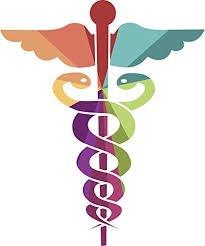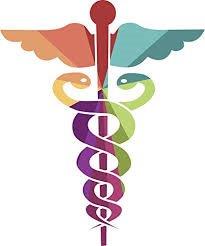
Complete Blood Count with Differential is one of the most commonly ordered tests for routine check-ups and/or physicals. A complete blood count with differential measures the levels of red blood cells, white blood cells, platelet levels, hemoglobin and hematocrit. Many times it is ordered as a screening test, as an anemia check or as a test for infection. The Complete Blood Count with Differential can used to aid in diagnosing and treating a large number of other conditions. Red Blood Cells Red blood cells are carriers of oxygen. A percentage of these cells contain hemoglobin, which has the capacity to combine with iron. It's the iron-hemoglobin molecular structure that helps carry oxygen-rich blood from the lungs to your tissues and in return, delivers carbon dioxide back to the lungs to be expelled. A CBC with Differential that shows low red blood cell levels can indicate anemia. White Blood Cells White blood cells (also called leukocytes or immune cells), help defend your body against infectious diseases and foreign materials as part of the immune system. Elevated white blood cells on a CBC blood test may mean that you currently have an infection. If your CBC shows low levels, you might have a difficult time fighting an infection. Platelets Platelets, which are also produced in the bone barrow, are checked on a Complete Blood Count with Differential. Platelets help stop bleeding from injury by creating clots. If your CBC blood test shows low platelet levels, you might be more susceptible to bleeding. High platelet levels could mean that you have an increased risk of internal clots. Hemoglobin A Complete Blood Count with Differential test also measures the protein hemoglobin. Red blood cells use hemoglobin to bring oxygen to the rest of the body, and bring carbon dioxide back to the lungs. Low hemoglobin levels shown on a CBC blood test can also be a sign of anemia. Hematocrit A Complete Blood Count with Differential also includes a hematocrit - a measure of the density of red blood cells in your blood. A low hematocrit level can means problems like anemia, leukemia, or other bloodstream disorders. High hematocrit levels can mean that you're dehydrated. What does the CBC test include? Red blood cell count White blood cell count Platelet count Hemoglobin Hematocrit RDW MCV MCH MCHC Neutrophils Neutrophils, Absolute Lymphocytes Monocytes Eosinophils Basophils Lymphocytes Absolute Monocytes Absolute Eosinophils Absolute Basophils Absolute

